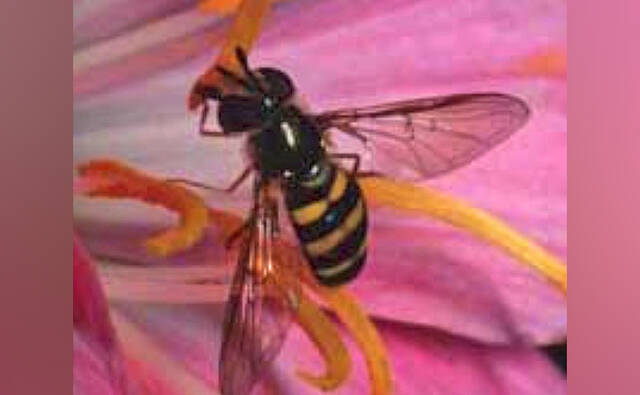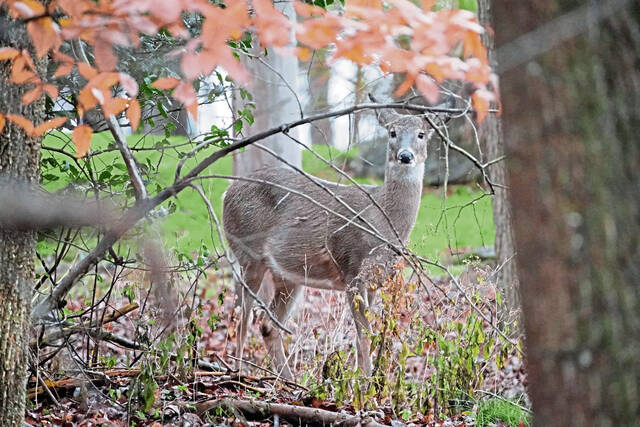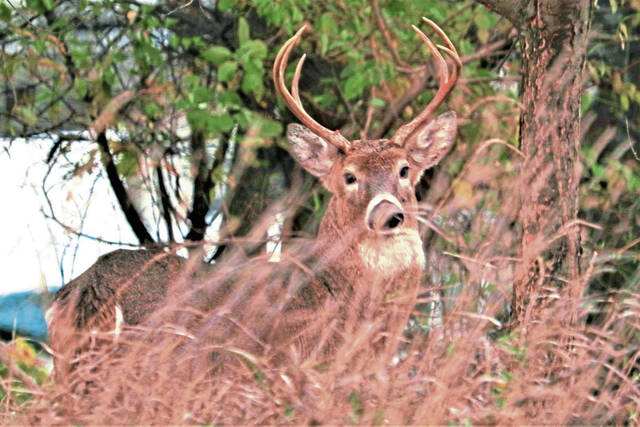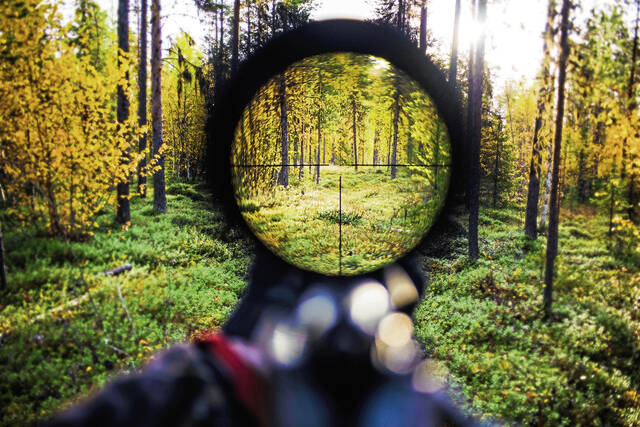The Pennsylvania Game Commission released a springtime alert Tuesday, urging the public to avoid young wildlife.
The release informed Pennsylvanians that during the spring it’s possible to encounter young wildlife that appear to be alone.
According to the Game Commission’s wildlife management director, Matthew Schnupp, many people attempt to assist the seemingly abandoned fawns, birds, raccoons or other animals by interacting with them.
Many animals leave their young to look for food but remain close by and do return.
“Well-intentioned people might step in to help a young animal that appears to be alone, not realizing its mother is nearby and it’s not in need of help,” Schnupp said.
The commission asks Pennsylvanians to not interact with the young wildlife they encounter, as this can be dangerous or harmful to both people and wildlife. Wild animals can lose their natural fear of humans, which would affect their ability to survive in the wild. People could risk contracting diseases or parasites.
Yellowstone National Park officials were forced to euthanize a baby bison because park visitors picked it up in an attempt to reunite it with its herd. According to park officials, the visitors pushed the struggling calf from a river onto a roadway. The officials tried to reunite the calf with the herd but it wouldn’t take the calf after the man had picked it up.
It is illegal to take or possess wildlife from the wild under Pennsylvania law, and violators can be fined up to $1,500 per animal.
The alert also added that no one who illegally takes wildlife into captivity will be permitted to keep the animal, and any species considered to be high risk of contracting and spreading rabies will be confiscated and euthanized in accordance with an agreement with state health officials.
People can get rabies from the saliva of a rabid animal through bites or scratches, as well as if saliva gets into a person’s eyes, mouth or wounds.








